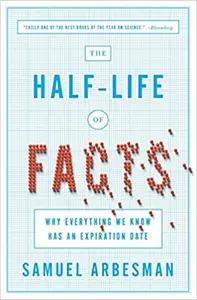The Half-Life of Facts: Why Everything We Know Has an Expiration Date
By Samuel Arbesman
Category
ScienceRecommended by
"The Half-Life of Facts" by Samuel Arbesman examines the natural decay and evolution of knowledge in our ever-changing world. Arbesman introduces the concept of "mesofacts," which refers to information that is not static but instead undergoes continuous updates and revisions. Drawing from various disciplines, including science, history, and technology, the book explores how facts can become obsolete or altered over time.
Arbesman explores the idea that humans have a tendency to think of facts as fixed entities, failing to recognize their inherent impermanence. He explains how new discoveries and advancements constantly challenge existing knowledge, requiring us to continuously update our understanding of the world.
The book delves into a range of topics, including the shifting nature of scientific facts, the constant reevaluation of historical narratives, and the impact of technological progress on our understanding of the present and the future. Arbesman emphasizes the importance of openness and flexibility in our thinking, urging readers to embrace the concept of "intellectual humility."
Through engaging stories and compelling examples, Arbesman demonstrates how our understanding of facts can change over time. He explores the process of information growth and decay, offering insights into how we can adapt and thrive in a world where facts are constantly evolving.
"The Half-Life of Facts" challenges our assumptions about the permanence of knowledge, encouraging readers to view information as fluid rather than static. It serves as a thought-provoking exploration of the dynamic nature of facts and the implications this has on our personal and collective understanding of the world.
Arbesman explores the idea that humans have a tendency to think of facts as fixed entities, failing to recognize their inherent impermanence. He explains how new discoveries and advancements constantly challenge existing knowledge, requiring us to continuously update our understanding of the world.
The book delves into a range of topics, including the shifting nature of scientific facts, the constant reevaluation of historical narratives, and the impact of technological progress on our understanding of the present and the future. Arbesman emphasizes the importance of openness and flexibility in our thinking, urging readers to embrace the concept of "intellectual humility."
Through engaging stories and compelling examples, Arbesman demonstrates how our understanding of facts can change over time. He explores the process of information growth and decay, offering insights into how we can adapt and thrive in a world where facts are constantly evolving.
"The Half-Life of Facts" challenges our assumptions about the permanence of knowledge, encouraging readers to view information as fluid rather than static. It serves as a thought-provoking exploration of the dynamic nature of facts and the implications this has on our personal and collective understanding of the world.
Share This Book 📚
More Books in Science
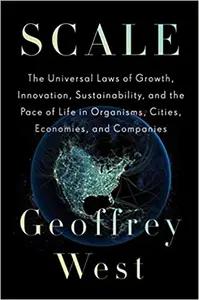
Scale
Geoffrey West
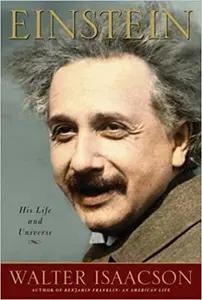
Einstein
Walter Isaacson

How to Change Your Mind
Michael Pollan

The Checklist Manifesto
Atul Gawande

When Breath Becomes Air
Paul Kalanithi
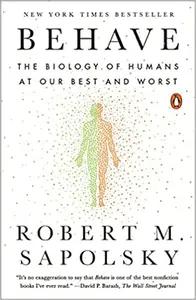
Behave
Robert Sapolsky
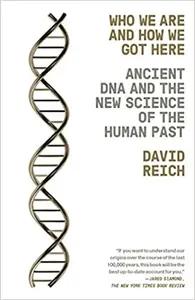
Who We Are and How We Got Here
David Reich

Genome
Matt Ridley
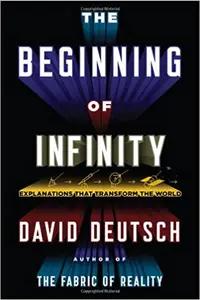
The Beginning Of Infinity
David Deutsch

The Origin of Consciousness in the Breakdown of the Bicameral Mind
Julian Jaynes

The Pleasure of Finding Things Out
Richard P. Feynman
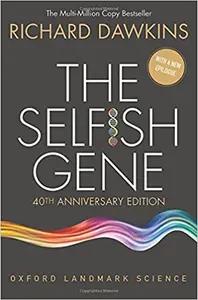
The Selfish Gene
Richard Dawkins

The Structure of Scientific Revolutions
Thomas Kuhn

I Contain Multitudes
Ed Yong

If The Universe Is Teeming With Aliens...Where Is Everybody?
Stephen Webb

Living Within Limits
Garrett Hardin
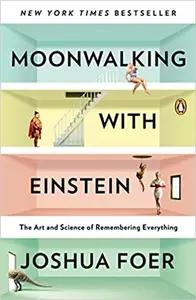
Moonwalking with Einstein
Joshua Foer

QED
Richard Feynman

Six Easy Pieces
Richard P. Feynman
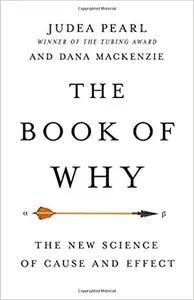
The Book of Why
Judea Pearl
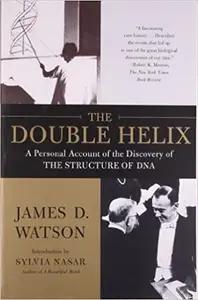
The Double Helix
James D. Watson Ph.D.
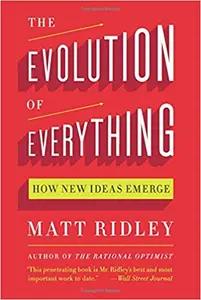
The Evolution of Everything
Matt Ridley
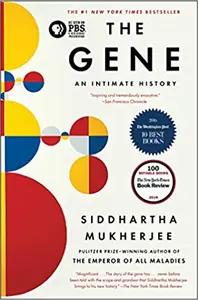
The Gene
Siddhartha Mukherjee
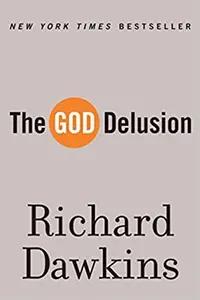
The God Delusion
Richard Dawkins
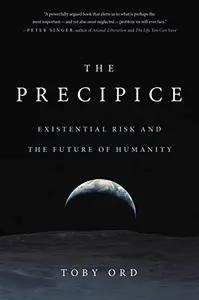
The Precipice
Toby Ord
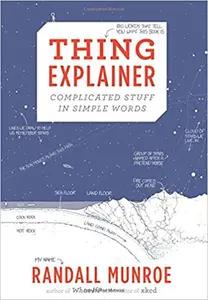
Thing Explainer
Randall Munroe

What Do You Care What Other People Think?
Richard P. Feynman
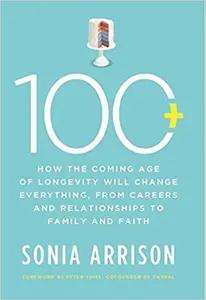
100 Plus
Sonia Arrison
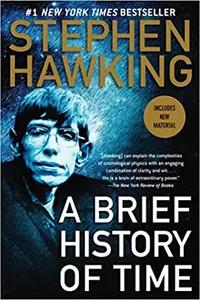
A Brief History of Time
Stephen Hawking

A Cultural History of Physics
Karoly Simonyi
Popular Books Recommended by Great Minds 📚

Can't Hurt Me
David Goggins

The Holy Bible
Various

The Checklist Manifesto
Atul Gawande
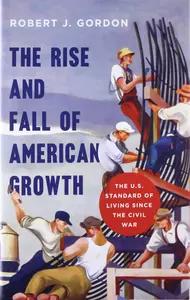
The Rise And Fall Of American Growth
Robert J. Gordon
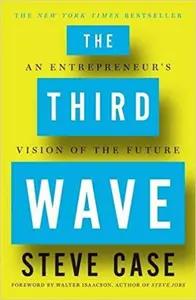
The Third Wave
Steve Case
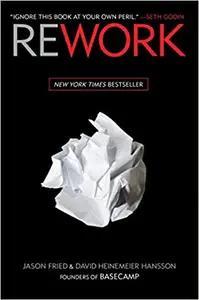
Rework
Jason Fried

Red Notice
Bill Browder
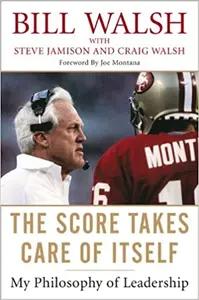
The Score Takes Care of Itself
Bill Walsh
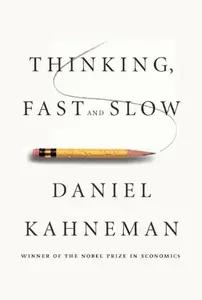
Thinking, Fast and Slow
Daniel Kahneman

Shoe Dog
Phil Knight
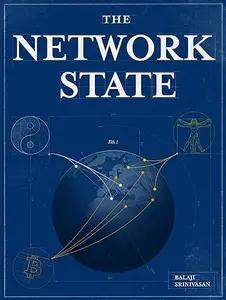
The Network State
Balaji Srinivasan
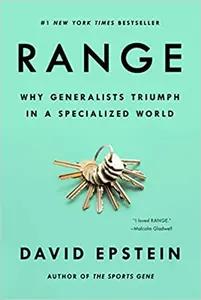
Range
David Epstein

When Breath Becomes Air
Paul Kalanithi
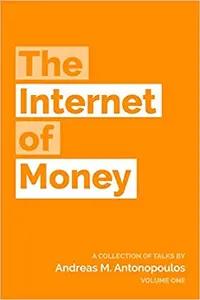
The Internet of Money Volume 1
Andreas Antonopolous

Lying
Sam Harris
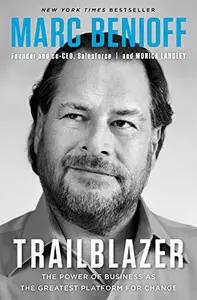
Trailblazer
Marc Benioff

Destined For War
Graham Allison
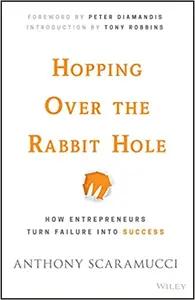
Hopping Over The Rabbit Hole
Anthony Scaramucci
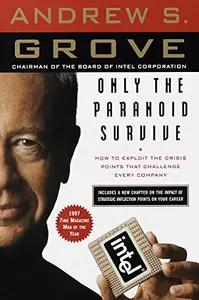
Only the Paranoid Survive
Andy Grove
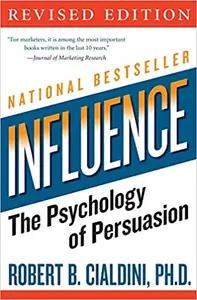
Influence
Robert Cialdini
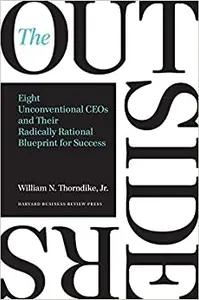
The Outsiders
William Thorndike
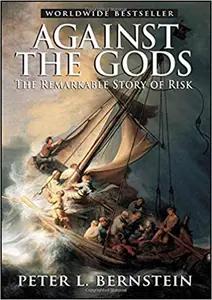
Against The Gods
Peter Bernstein

Guns, Germs, and Steel
Jared Diamond

The Innovators Dilemma
Clayton Christensen

The Great CEO Within
Matt Mochary
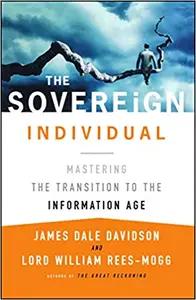
The Sovereign Individual
James Dale Davidson & William Rees-Mogg
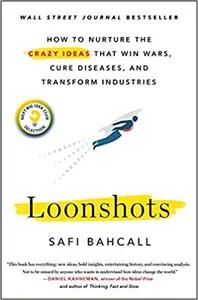
Loonshots
Safi Bahcall

American Kingpin
Nick Bilton

Principles
Ray Dalio

Who We Are and How We Got Here
David Reich
